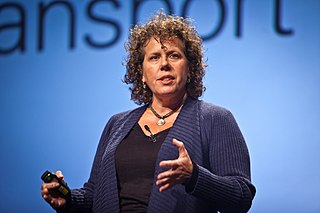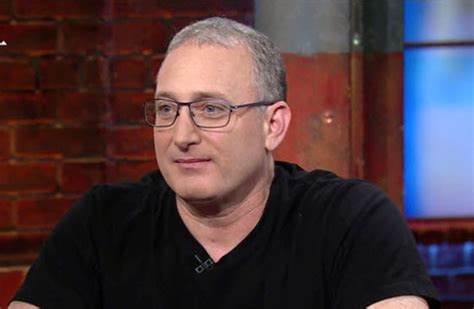A Quote by Keith Teare
Mobile will probably disrupt much of what we know of web 2.0.
Related Quotes
When I'm introspective about the last few years I think the biggest mistake that we made, as a company, is betting too much on HTML5 as opposed to native... because it just wasn't there. And it's not that HTML5 is bad. I'm actually, on long-term, really excited about it. One of the things that's interesting is we actually have more people on a daily basis using mobile Web Facebook than we have using our iOS or Android apps combined. So mobile Web is a big thing for us.
The wagering thing for a lawyer is very interesting. Will there be mobile sports wagering? Will there be mobile prop betting? Conceivably, someone sitting in basketball area placing prop bets on a mobile phone while the individual is 10 feet from the court? Some of the possibilities are angst-producing.
We are very pleased with Vodafone's decision to adopt Windows Mobile as a preferred software platform for its mobile business. Together, we will deliver services which we expect will help Vodafone achieve cost-efficiencies while delivering new propositions to its customers, thus making Windows Mobile an even more compelling platform.






























